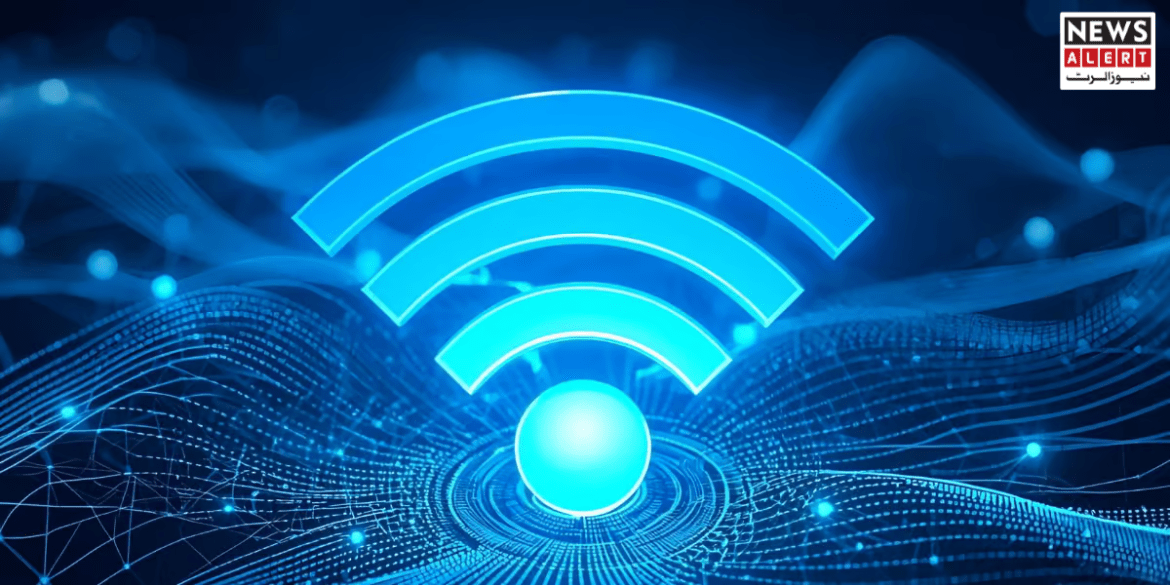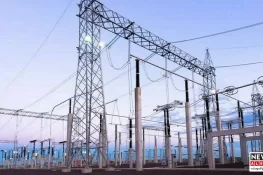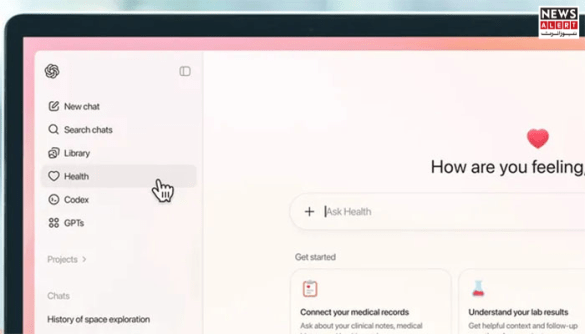Expanding Digital Connectivity in the Capital
Islamabad’s authorities plan to install 30 free public Wi-Fi hotspots by December 2025, marking a major push to expand digital access in the federal capital. The initiative aims to strengthen connectivity, ease internet costs for citizens and support Pakistan’s broader shift toward technology-driven urban development.
Officials say the project now moves forward at a steady pace. They expect residents, students and professionals to gain easier access to fast, reliable internet once the rollout reaches completion.
NTC Reports Steady Progress to Parliament
The National Telecommunication Corporation (NTC) briefed the National Assembly’s Standing Committee on Information Technology and shared details of the ongoing work. NTC officials told lawmakers that the project follows the approved schedule and that teams continue to install the required infrastructure in different parts of the city.
The corporation also highlighted rising internet demand in Islamabad. Rapid urban expansion and increased reliance on online services have placed pressure on existing networks. According to officials, public Wi-Fi will help close the connectivity gap, especially for low-income users who often depend on mobile data for essential digital tasks.
Locations Selected for Hotspot Installation
Authorities plan to place the hotspots in major commercial areas, educational zones, busy public spaces and around government buildings. These areas attract high daily foot traffic and serve thousands of people who need dependable online access.
Students, office workers and freelancers already rely on digital platforms for remote work, assignments, communication and access to government portals. Free Wi-Fi will reduce their dependence on costly mobile data and make basic services easier to reach.
Pakistan continues to expand its e-governance ecosystem, including online tax filing, digital identity services and property records. The government believes that improved internet access will support these reforms and encourage more citizens to use digital services.
NTC’s Expanding National Role
During the briefing, NTC officials underscored the organization’s broader footprint. NTC now provides telecommunications services to more than 3,000 public and private institutions in over 100 cities. These services cover secure data networks, voice solutions and cyber security support.
Cyber security needs have increased in recent years due to rising threats to government systems. Officials said NTC teams regularly monitor networks and enhance protection measures. As Pakistan upgrades its digital infrastructure, new wireless standards such as Wi-Fi 8 are also taking shape, promising faster speeds and greater reliability for future public connectivity projects. They added that public Wi-Fi zones will follow standard safety protocols so users can browse securely while complying with national cyber laws.
Supporting the Vision of Digital Pakistan
Government representatives described the free Wi-Fi project as an important step toward creating a more technology-friendly Islamabad. The initiative aligns with the national Digital Pakistan vision, which aims to broaden digital literacy, expand broadband coverage and modernise public services.
Pakistan’s internet user base has grown sharply over the past decade. The Pakistan Telecommunication Authority estimates that more than 130 million people now use broadband. However, gaps still exist between rural and urban regions. Officials hope this project will reduce inequality in internet access within major cities.
Potential Impact on Civic Life
Urban planners believe that free public Wi-Fi can strengthen digital entrepreneurship, support tourism and improve overall quality of life. Visitors depend on online maps, transport apps and travel information, while freelancers require stable internet to work with global clients.
By offering free Wi-Fi, Islamabad aims to build a more connected environment that encourages citizens to adopt digital tools more confidently.
Towards a Smarter, More Connected Islamabad
Once authorities activate all 30 hotspots, Islamabad will join global cities that provide free public internet to support daily life. Although the scale remains smaller than projects in cities like Seoul or Barcelona, officials view the initiative as a meaningful step toward a smarter urban future.
If the project succeeds, the government may expand similar networks to other major cities across Pakistan.














